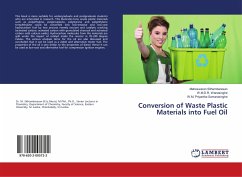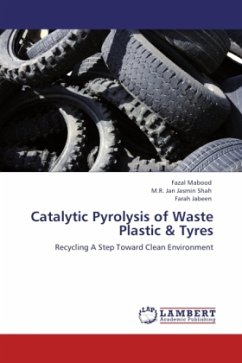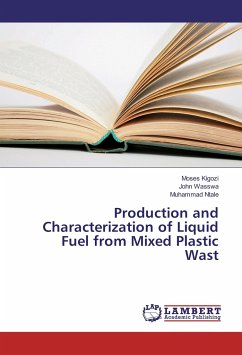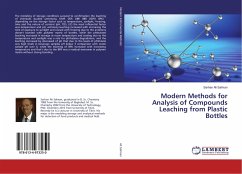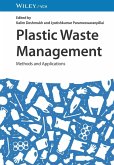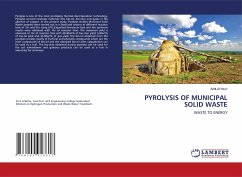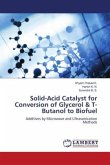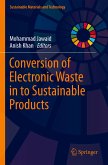This book is more suitable for undergraduate and postgraduate students who are interested in research. This illustrates how waste plastic materials such as polyethylene, polypropylene, polystyrene and polyethylene terephthalate could be converted into low-emissive and low-cost hydrocarbon fuel by two process namely vacuum and catalytic cracking (activated carbon, activated carbon with granulated charcoal and activated carbon with calcium oxide). Hydrocarbon molecules from the materials are split under the impact of catalyst inside the reactor in 70-240 degree Celsius. The various analyses done for the oil are also discussed and concluded that it can be used as a viable and alternative motor fuel. The properties of the oil is very similar to the properties of diesel. Hence it can be used as low-cost and alternative fuel for compression ignition engines.

